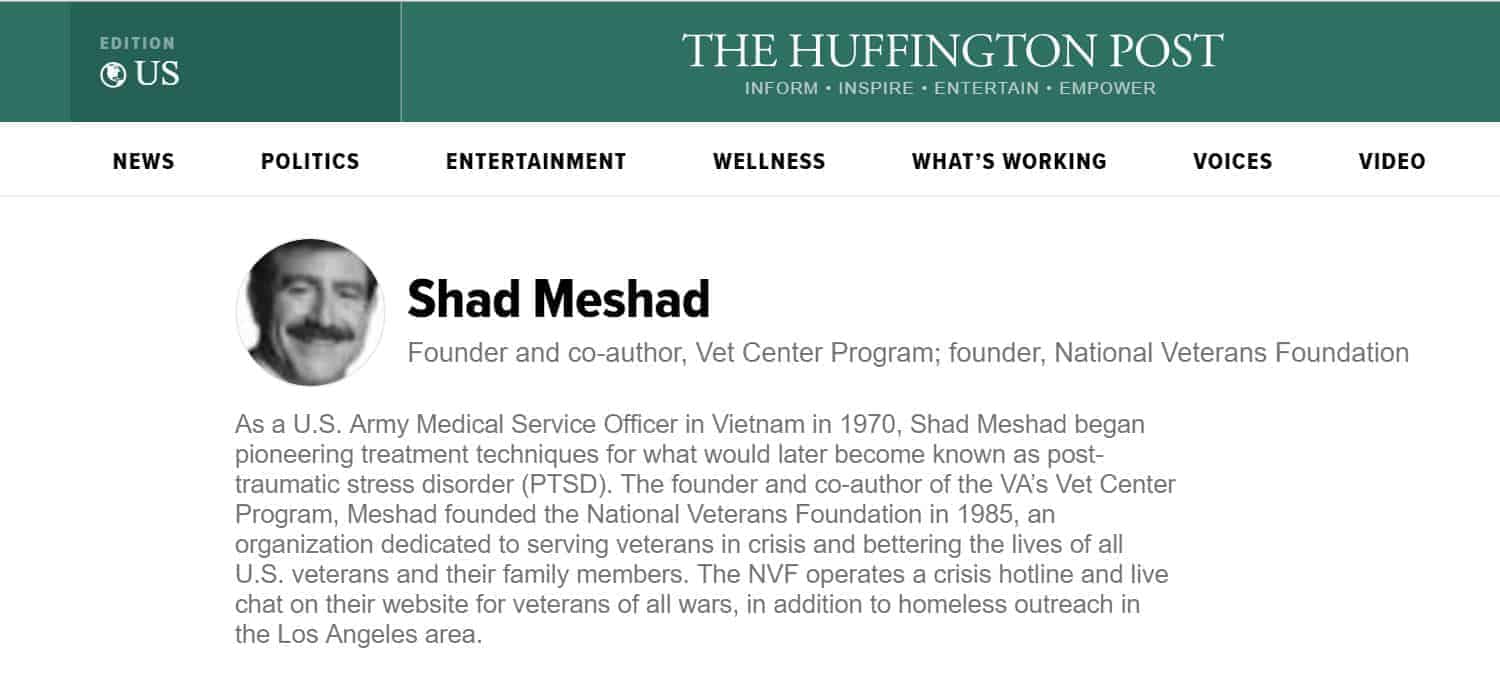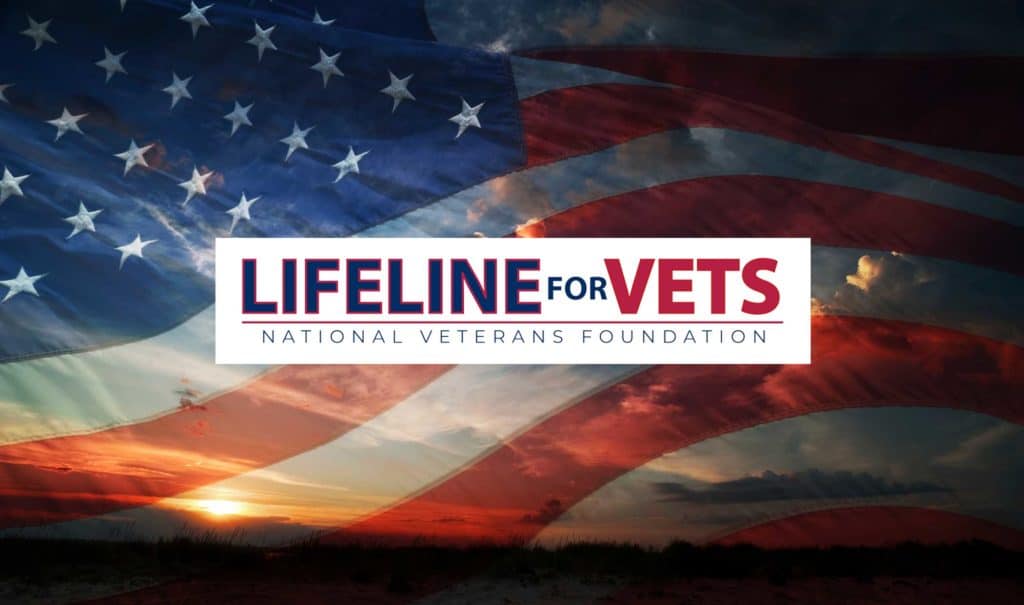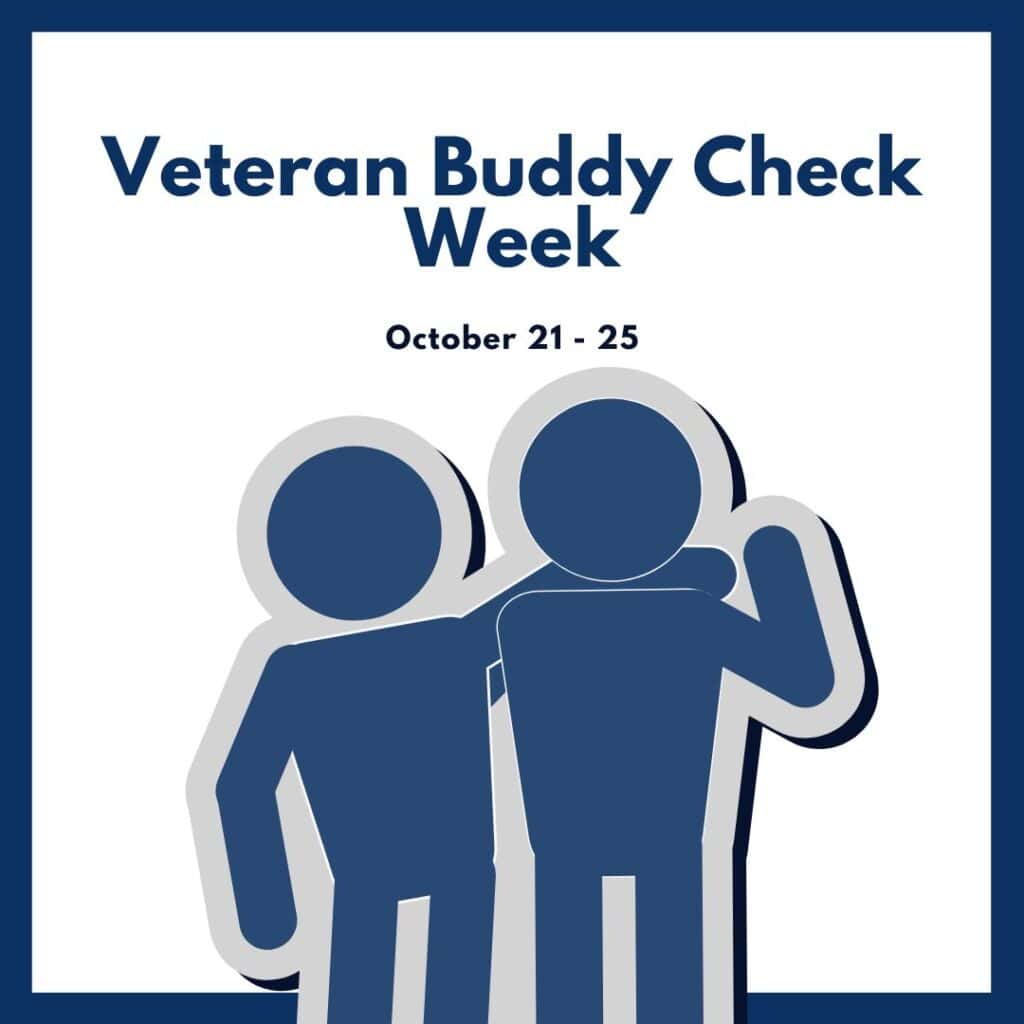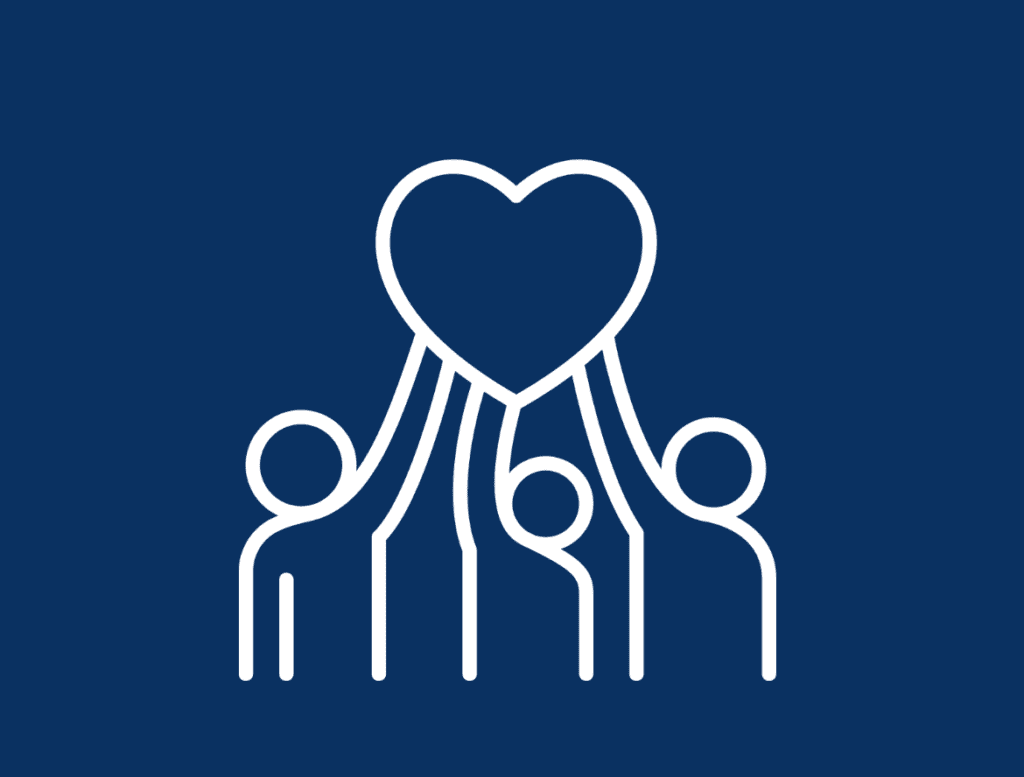The More Things Change, the More They Stay the Same: the Effects of War on Warriors
From Shad Meshad’s Blog at the Huffington Post

Recently I participated in a panel discussion following a stellar production of Ellen McLaughlin’s play, “Ajax in Iraq,” put on by the Not Man Apart Physical Theater Ensemble in Los Angeles. The story of Ajax (a mythological Greek hero) is said to be the first documented description of combat related post-traumatic stress disorder. McLaughlin’s play braids the story of Ajax with the story of AJ, a female Army combat soldier in Iraq. AJ is suffering from PTSD and military sexual trauma (MST), in this case being raped repeatedly by her Sergeant. Both Ajax and AJ die by their own hands.
I found the play to be very moving, and very relevant to the experiences of combat veterans I’ve met, both men and women. I wish more Americans had the opportunity to see the play, because it communicated, viscerally, the trauma that many of our soldiers face in the combat arena and carry with them back at home.
With me on the panel were several members of the cast who were Iraq and Afghanistan veterans, as well as the play’s director John Farmanesh-Bocca, whose parents worked for the U.S. military teaching at The Defense Language Institute and whose brother served two tours in Iraq as a doctor. We talked about the issues raised in the play—PTSD, military sexual trauma, isolation and suicide—as well as the effect of multiple deployments and the difficulty of veterans transitioning back into civilian society.
A bit about the plot: Ajax went mad in the ninth year of the Trojan Wars, killing a whole flock of sheep, thinking they were the leaders of the Greek army whom he felt betrayed by. (Multiple deployments and fragging come to mind.) When Ajax realized what he had done, he felt so dishonored and ashamed that he killed himself, leaving a wife and family. This from a 400 B.C. era play by Sophocles, in case you thought PTSD arrived with the Vietnam War. Reading a synopsis of Sophocles’ play feels like reading a current news story. Brian Doerries, writing for the Observer, titles his article succinctly, “PTSD is from B.C.”
To make the story even more relevant, “Ajax in Iraq” includes a family left behind after suicide. AJ’s young son, letting in the uniformed soldiers assigned to notify the family of her death, calls up to AJ’s sister, “Mommy…the War’s in the kitchen.”
AJ’s suicide brings into sharp focus the high suicide rate among women vets. In a report released by the VA in August this year, since 2001 “the rate of suicide among female Veterans who use VA services increased 4.6 percent while the rate of suicide increased 98 percent among female Veterans who do not use VA services.”
This looks like two problems to me: first of course, is the alarming rate of women veteran suicides. Second, why aren’t our women vets using the VA? From my experience, it’s because many women veterans, especially those who suffered sexual assaults while in the military, see the institution as the same kind of male-dominated environment where they were traumatized. The VA has responded to this by setting up separate clinics for women in some locations, but regaining women’s trust has been difficult. Military sexual trauma continues to be a frequent factor in suicide among women veterans. Incidentally, MST is not restricted to women; men experience it too. 26,000 cases were reported for the year 2013.
The long- and short-term effects of war on warriors, and on their families, are what the National Veterans Foundation’s Lifeline for Vets hotline has been dealing with for many years. The calls come from men and women vets, family members, and concerned friends and fellow vets. PTSD, Traumatic Brain Injury, MST, multiple deployments, injuries…the basic issues don’t change.
The general public doesn’t have an experiential frame of reference for this. News stories and articles, even when they’re accompanied by images, don’t carry the weight of actual experience. Art, in theatre, film and other story-based forms, comes closest to re-creating experience. Director John Farmanesh-Boccasaid that the charge of this play was not on the characters but on the audience. I agree totally. This play charges every one of us to speak up and specifically, not to look away.
What do I mean by not looking away? I feel sometimes like America has become desensitized to the 22 veteran suicides a day message. I hope that’s not the case. But to make sure that’s not the case, it’s going to take more of us speaking up, speaking out, and especially reaching out to our veterans and those who serve them. Veteran PTSD, military sexual trauma, isolation and suicide are not new problems, not by a long shot. But the fact that these issues are being exposed by artists like McLaughlin and Farmanesh-Bocca and in works like “Ajax in Iraq” affords us an opportunity to acknowledge them, attempt to understand them, and do something about it.
If you know a veteran who needs help, here’s our Lifeline for Vets number: 888.777.4443.
Read Shad Meshad’s Blog at the Huffington Post
The National Veterans Foundation is dedicated to helping veterans of all eras get the information and resources they need after coming home and taking off their uniforms, to live successful lives in the civilian world. This article “The More Things Change, the More They Stay the Same: the Effects of War on Warriors” is one example of the wealth of resources that the NVF provides. To sustain this important work, we rely on the support of individuals like you, who care about our nation’s veterans. We receive no government support, and our programs are funded 100 percent by private individuals, businesses, and foundations. Every dollar makes a difference. Please make a donation today to help keep the NVF’s programs for veterans going.
You can be a part of our mission to help Veterans by making a tax-deductible donation!
About the Author
SUBSCRIBE TO OUR BLOG AND NEWS!
By submitting this form, you are granting: NATIONAL VETERANS FOUNDATION INC permission to email you. You may unsubscribe via the link found at the bottom of every email. (See our Email Privacy Policy for details.)
Related Posts





